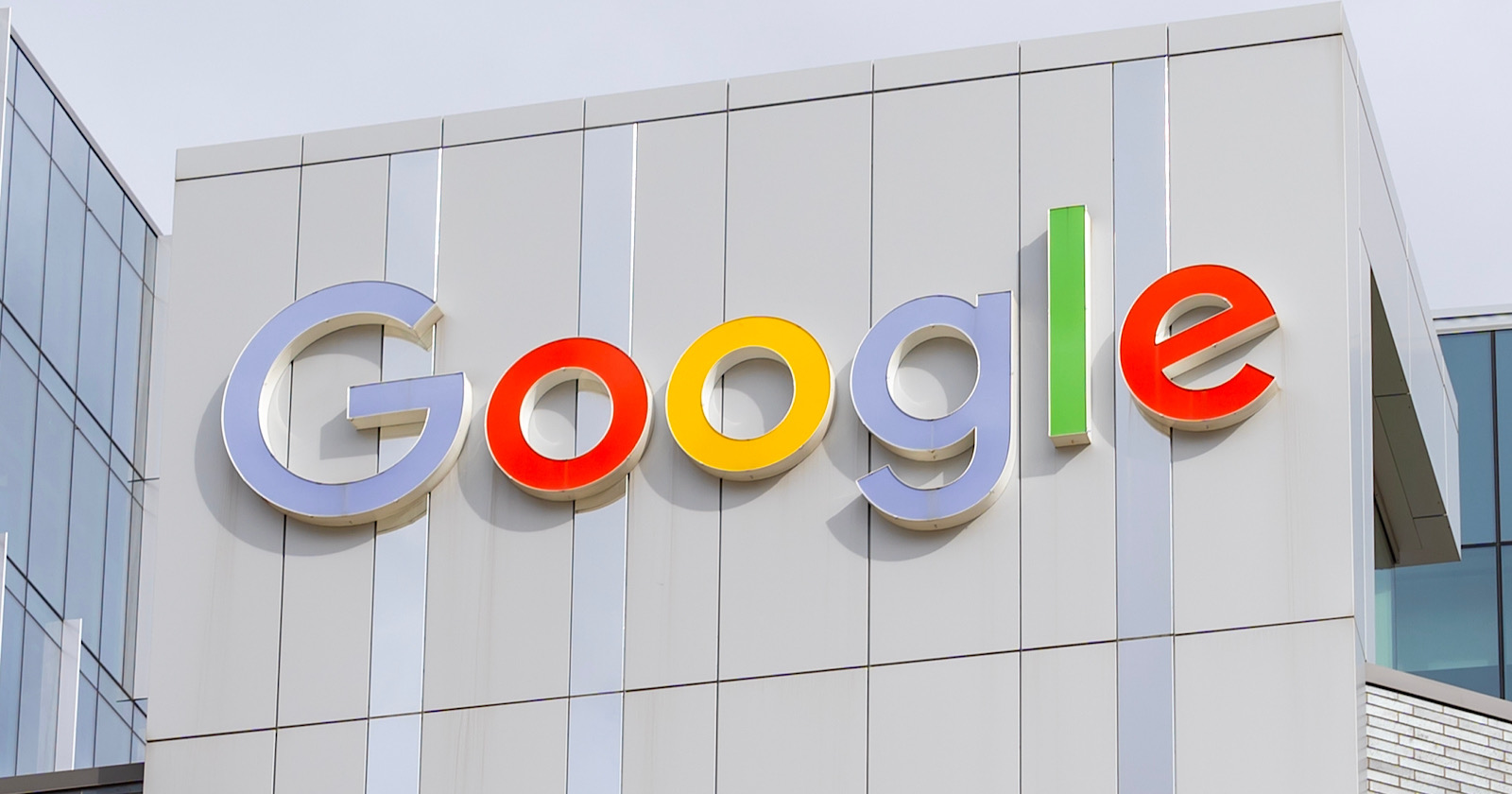After years in the making, Google has fully transitioned to mobile-first indexing, the search engine giant announced Tuesday. This means Google prioritizes mobile versions when crawling pages and indexing content.
The shift reflects Google’s increased focus on mobile devices that began in 2015. At the time, Google updated its search algorithm to favor “mobile-friendly” sites.
The following year, the company started the process of mobile-first indexing by crawling mobile pages rather than desktop.
Google celebrates this milestone in an announcement:
“Over the years, mobile web traffic has continued to grow; in some regions, people almost exclusively use their phone to access the internet. Thank you – site owners, SEOs, web developers, designers, and everyone who works on websites – for helping to make the mobile web a success!”
Crawling Mobile Provides Better User Experience
With mobile now surpassing desktop in global internet usage, crawling the mobile versions provides the most accurate experience for what users see when searching on phones.
Websites have gradually adapted by making mobile pages as full-featured as desktop.
Google To Handle Remaining Desktop-Only Sites
Google said a small number of sites still do not function properly on mobile. For those sites, Google will keep crawling the desktop versions for now.
Additionally, the company will further reduce the crawling of desktop pages to conserve resources.
Related Changes To Search Console
In a related change, Google is removing indexing crawler data from Search Console, its webmaster tool. With the shift complete, this data is no longer necessary since all functional sites are crawled via mobile.
The years-long transition to mobile-first indexing reflects the increasing centrality of mobile devices to internet use worldwide.
With the rollout finished, Google has fully embraced mobile as the primary way users access the web.
Featured Image: JHVEPhoto/Shutterstock

